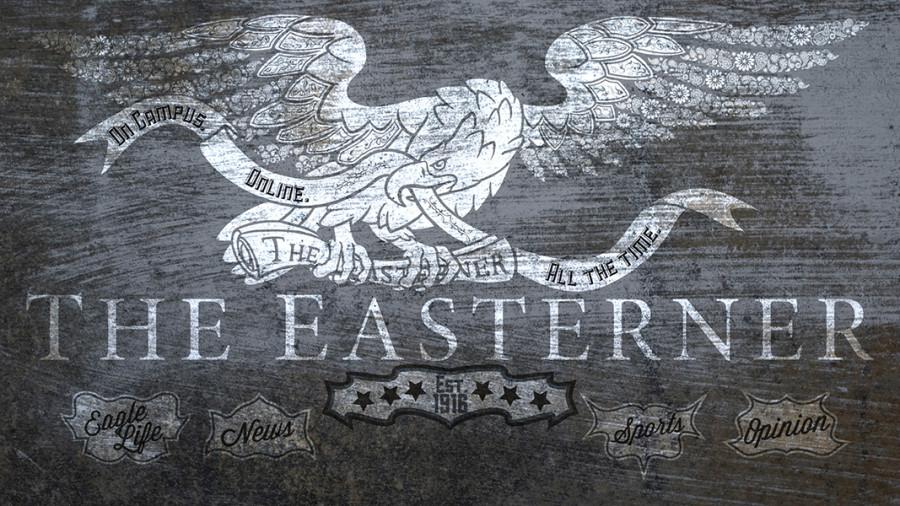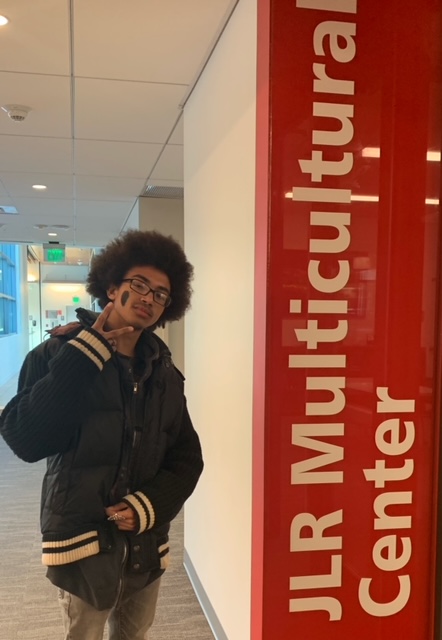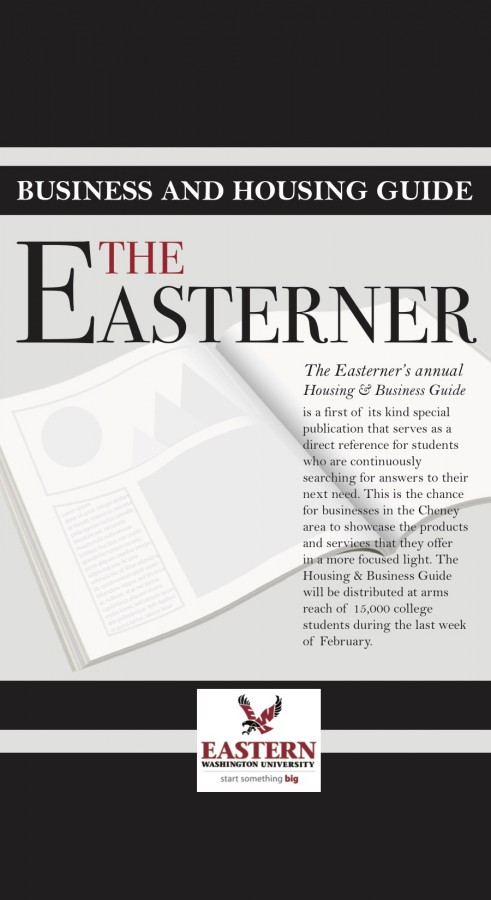If you cast your vote for a third party presidential candidate, are you wasting it?
That is what supporters of these candidates are often told. Or worse, they are told that voting for a third party is taking away a vote from the major candidate who that third party candidate most closely aligns to, as if votes are something that inherently belong to republicans or democrats.
People complain loudly about the two major parties but on election day they still punch the ticket for a republican or democrat. They claim to oppose the cronyism and patronage that
benefit politically connected companies, runaway deficit spending and excessive foreign intervention, yet they continually send the architects of those policies back to D.C.
Mitt Romney and Barack Obama each claim to represent diametrically different visions for the country, but they really represent more of the same.
Why do these voters continue to support politicians with whose policies they disagree? Why is voting for the lesser of two evils accepted? Thanks to the Electoral College system, unless you live in one of a handful of states, your vote for president does not count. The Oct. 17 Rasmussen poll in Washington state showed President Obama beating Mitt Romney 55 percent to 42 percent. Fifty-eight percent of Washington’s voters chose Obama in 2008, and the state has not been carried by a Republican since 1984, when Ronald Reagan won 49 states. On the other end of the scale, Romney has the edge in Idaho 63 percent to 27 percent. Idaho hasn’t voted for a Democrat since Lyndon B. Johnson in 1964. Both states give all of their electoral votes to the winner rather than splitting their votes.
So why should a voter in a state that is all but committed to a candidate not vote their conscience? Third party candidates are stuck in a catch-22. People do not vote for them because they cannot win, but the precise reason they cannot win is because people do not vote for them. If voters in non-battleground states support them in an election, that success can carry on to the next election cycle. If they poll high enough, they can gain entry into the presidential debates. In the debates, they can force the major candidates to respond to them and show the masses that there are more options.
So if you are thinking about voting for a candidate you do not believe in, or you are too apathetic to vote at all, look to the future. A vote for an alternative candidate this year can help build a base in the future, upon which real change can occur. Even if it takes years or even decades of work to make a third party competetive, in the short term it can send the message that your vote cannot be taken for granted by either major party.
And the major parties should never be able to take your vote for
granted.













